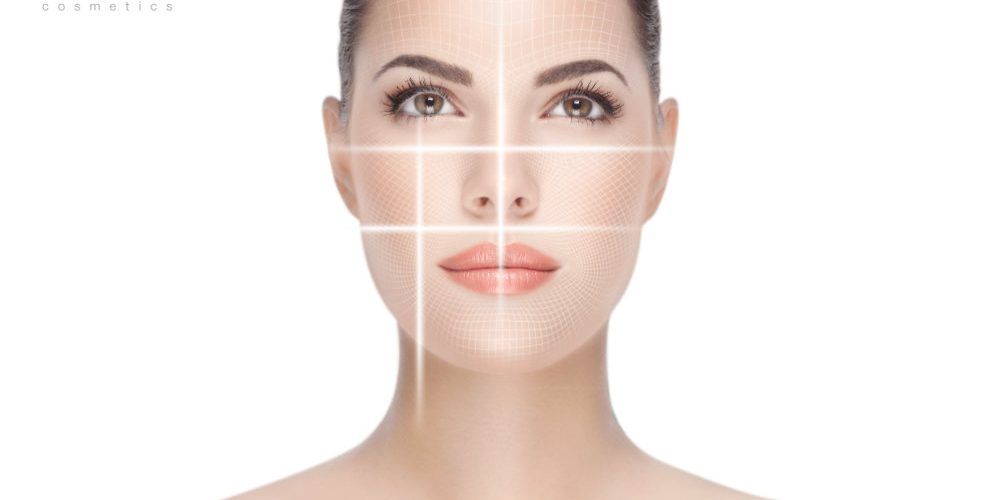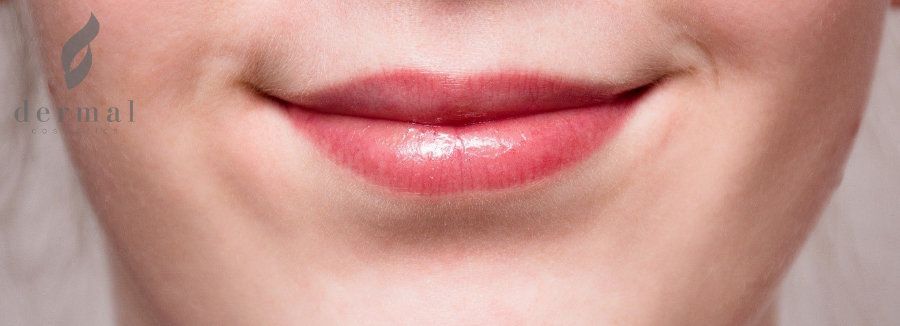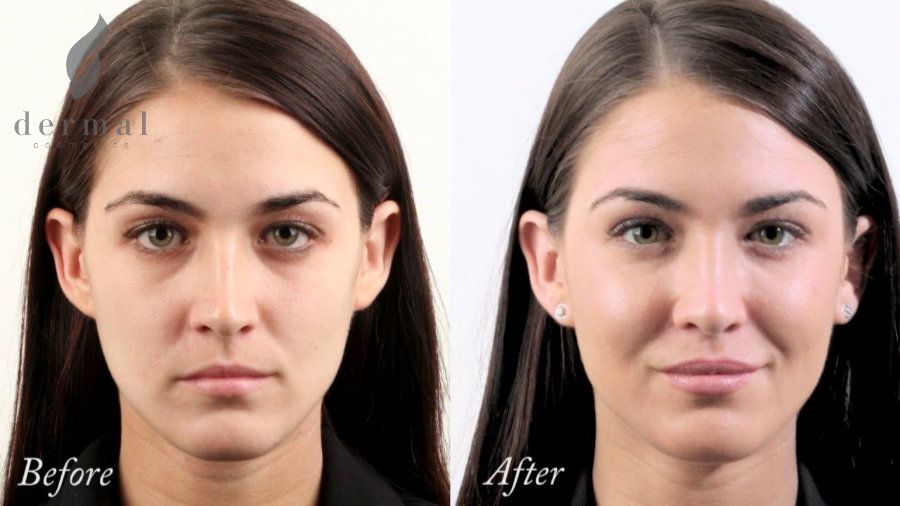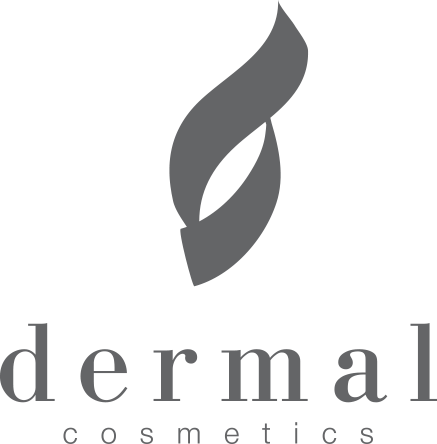How Long Do Dermal Fillers Last?

Aesthetic dermatologists and cosmetic doctors who provide their patients with dermal filler treatments will agree that one of the most common questions they get asked is related to the longevity of the filler. The thing is that, in this case, there is no short answer since there are many factors that affect the results offered by facial fillers. Among them are often variables such as:
- The type of the dermal filler
- The amount of filler that has been injected into the skin
- The facial area which is being treated
- The patient’s skin
Predicting the longevity of dermal filler with an exact accuracy is difficult. Nevertheless, we can provide you with a basic outline of the typical results individuals can expect to enjoy.
Longevity Factor #1 – The type of filler
The American Board of Cosmetic Surgery and the FDA formally recognize several different types of dermal fillers – Hyaluronic Acid (HA), Calcium Hydroxyapatite (CaHA), Polymethylmethacrylate (PMMA), Poly-L-lactic Acid fillers (PLLA) and autologous fat injections. The safest and most popular of them is considered to be the HA filler because it consists of substances that are naturally produced by the skin. Their average longevity spans between 6-12 months because that is typically the amount of time in which the skin absorbs and breaks down this type of fillers.
CaHA dermal fillers also contain substances naturally found in the human body but the results they provide can last for approximately a year. That is because Calcium Hydroxyapatite stimulates the skin to produce collagen.

PMMA and PLLA fillers are synthetic. However, they are thicker compared to the HA and CaHA dermal filler types which is why their longevity is typically greater. Still, they are mainly suitable for the treatment of deeper facial wrinkles which limits their application.
Autologous fat injections offer results that can last for many years since they are made from fat harvested from other areas of the patient’s body. Their downside is that, unlike the other four types of fillers, they require a surgery such as a liposuction.
Subtypes of face fillers
The longevity of dermal fillers varies not only from type to type but also from brand to brand and from subtype to subtype. For instance, Genoss’ top-quality Monalisa Hard Type Filler falls into the Hyaluronic Acid category but it lasts longer compared to other HA products because it has high hydrophilic properties and it is specifically developed for the treatment of deeper wrinkles.
Longevity Factor #2 – Amount of the injected filler
The greater the amount of filler injected into the treated area, the longer the results will last. That being said, the amount of the dermal filler is carefully estimated by the dermal or cosmetic expert in advance and it cannot exceed certain limits.
Longevity Factor #3 – Treatment area
Fillers break down quicker when they are injected into facial areas that have a greater movement rate – such as the lips (aka lip fillers), under the eyes and the corners of the mouth. There, results last for up to 12 months. In other areas that are subjected to less movement (the chin, around the nose and the cheeks), the longevity of the dermal filler can range between 15-24 months.
Longevity Factor #4 – The patient’s skin
It is impossible to predict the speed with which a patient’s skin will absorb and break down the filler. We all have different types of bodies that react in a different way to dermal filler treatments. Still, even if an individual has a higher than the average filler absorption rate, the effect of the procedure will not disappear overnight but rather in a very gradual and subtle manner.

If you want to prolong the effect of a filler treatment, touch-up treatments every 6 months are always the best way to go.
How long do lip injections last?
Lips are among the most delicate parts of the face. That is because their mobility is incredibly high and that increases the risk of implant migration. Therefore, not every professional-grade dermal filler injection makes a good lip filler. Those that do are designed to be injected into the superficial layer of the skin and have a lower particle concentration and consist of Hyaluronic Acid rather than Calcium Hydroxylapatite since the latter usually has bigger particles and stimulates collagen production making it more suitable for the correction of moderate to serve lines and wrinkles and facial volume restoration. The longevity of most lip fillers tends to be more modest compared to products targeting other treatment areas. On the average, their durability is around 6 months.
How long do under eye fillers last?
It takes between 6 to 9 months or even up to a full year before under eye fillers to start to biodegrade. The injection is typically applied into the tear trough. Since this aesthetic problem is caused not only by natural aging but it also depends on a person’s genetics, lifestyle, diet, etc., similar to lip injections, this treatment is suitable for a broader range of patients. An effective under the eye injectable is one that is HA-based and has a firm texture because in that way it will have the power to provide the necessary support of the thin skin in the eye area and still deliver natural-looking results.
How long do cheek fillers last?
Compared to lip fillers and under eye fillers, those that target the cheeks usually tend to have an impressive longevity. Results after treatment range anywhere between 7 and 24 months. Still, most products from this category guarantee effects that last at least 12-14 months since they have a greater concentration and either contain collagen or encourage collage production. More than one injection may be needed to provide the desired results regardless of whether the treatment focuses on volume restoration, contour improvement or rejuvenation.
Patients interested in dermal filler injections and licensed plastic surgeons can greatly benefit if they make an effort to follow the latest HA dermal filler news and tips. This facial rejuvenation field is evolving and products are improving with each day and it is clear that this trend is here to stay.


